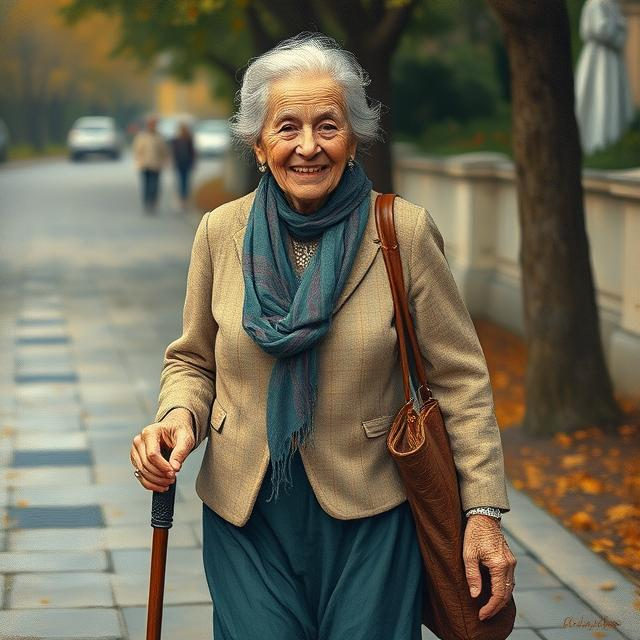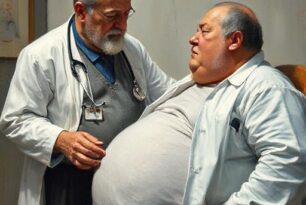From the Mayo Clinic: Aging isn’t just about growing older—it’s a journey of transformation marked by both subtle and profound shifts in body, mind, and lifestyle. As the years pass, you may notice slower reaction times, changes in skin texture, and shifts in sensory perception like hearing or vision. These are typical patterns of natural aging, not immediate cause for alarm. However, understanding what’s normal helps distinguish benign changes from early signs of disease.
Biologically, aging unfolds through intricate processes: cellular wear-and-tear, accumulation of DNA damage, reduced tissue repair, and a gradual decline in organ function. Researchers refer to these as the “hallmarks of aging”—including genomic instability, cellular senescence, and chronic low-grade inflammation. While these mechanisms underlie many age-related conditions—like cardiovascular disease, osteoporosis, and cognitive decline—the focus is shifting toward “health span”: not just how long we live, but how well.
Knowledge is empowering. By adopting targeted lifestyle changes—balanced nutrition, regular physical and mental activity, strong social ties—you can proactively support physical resilience, mental sharpness, and emotional wellness. The Mayo Clinic emphasizes prevention and adaptation, framing healthy aging as an active process rather than passive inevitability. This guide explores what to expect as we grow older—and how to navigate aging with knowledge, agency, and dignity.




